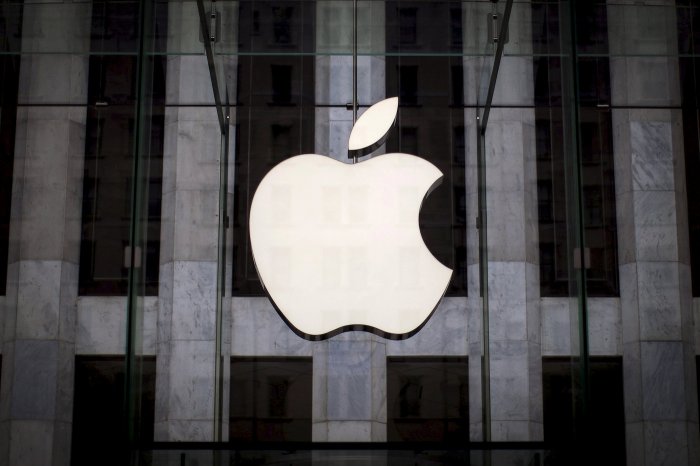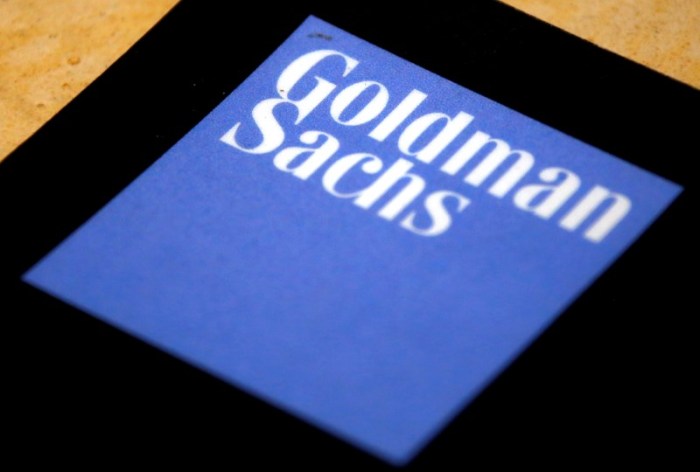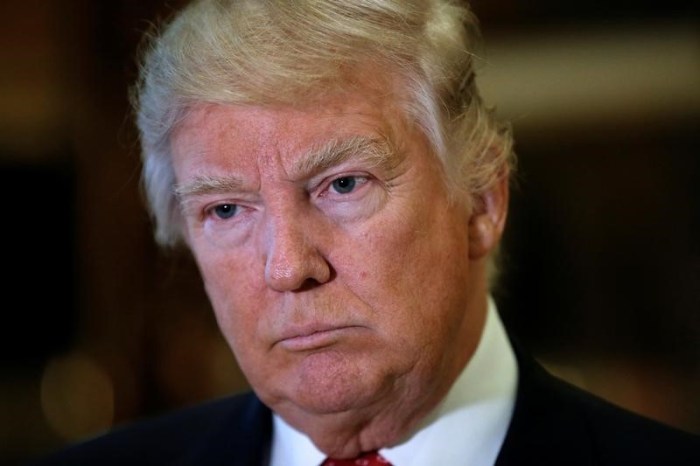By Patrick Rucker
WASHINGTON (Reuters) – Banking rules meant to protect the U.S. financial system from collapse are not harming the economy or damaging financial markets, the chairman of the Federal Deposit Insurance Corp said on Wednesday, contrary to the views of industry groups. U.S. regulations requiring banks to toughen underwriting standards and pull back from some risky lending in the wake of the 2008 financial crisis have not harmed the economy, said FDIC Chairman Martin Gruenberg. Bank loans are growing faster than gross domestic product while lending to the commercial and industrial sector is outpacing an important measure of corporate borrowing, he said.
“I believe the evidence suggests that the reforms put in place since the crisis have been consistent with, and supportive of, the ability of banks to serve the U.S. economy,” Gruenberg said during a luncheon in Washington. Gruenberg lauded community banks as an engine of economic growth and lamented that so few small lenders are in the market.
“We could use more community banks in this country,” he said. “We’re going to try and work on that.”
Leaders of the banking industry have criticized regulations such as the Dodd-Frank Wall Street Reform and Consumer Protection Act, which has added layers of federal supervision and lending rules.
“The growing volume of banking regulations is negatively impacting customers,” Roger Beverage, president of the Oklahoma Bankers Association told lawmakers last week.
The cost of complying with federal lending rules are particularly burdensome for smaller lenders, he told a banking panel in the House of Representatives.
The rules are one factor constricting credit to small- and medium-sized businesses that drive job growth, Steve Strongin, a Goldman Sachs researcher, said earlier this month.
The number of small businesses has declined since the onset of the financial crisis as Dodd-Frank began to bite and credit has become more costly, Strongin has argued.
(Editing by Jeffrey Benkoe)


















